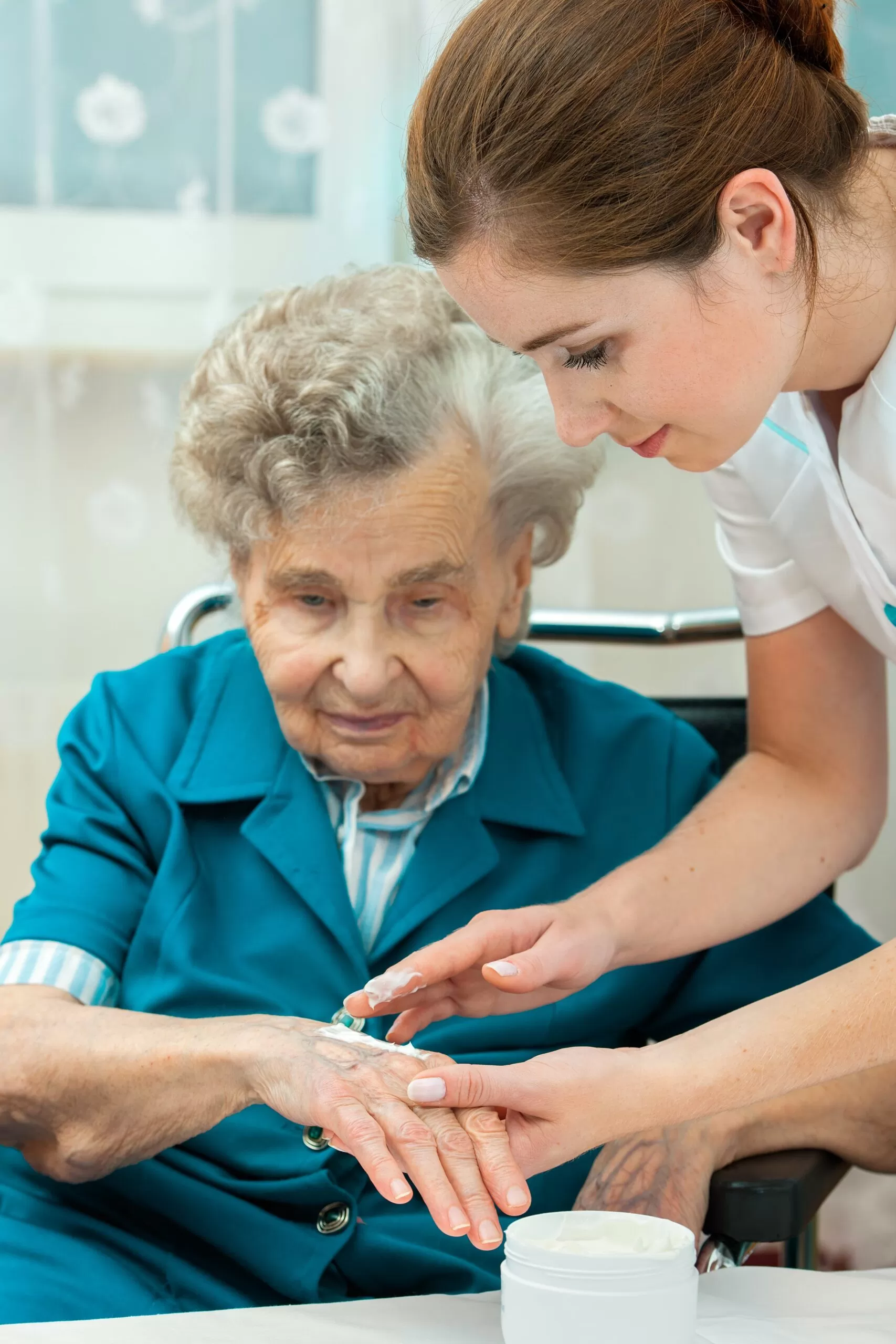
The number of centenarians, those living to the age of 100, continues to increase each year. Much of this can be attributed to a good diet and exercise, but some of it is just genetic. Researchers with the New England Centenarian Study discovered 281 genetic markers that predict with 61% accuracy who will reach their 100th birthday. Men in their 60’s have a 3.4% chance of making it to 100 compared to 6.5% for women. About 85% of centenarians live in cities where they typically have better access to medical care, social networks, culturally stimulating activities and transportation. A United Healthcare study found that 87% of centenarians communicated nearly every day with a friend or family member. Social interaction counts! Another factor was church. Attending religious services four times per month has been linked with an increase in life span of four to 14 years. According to interviews by National Geographic and the Blue Zone organization, 258 out of 263 centenarians said they belong to faith-based communities.






